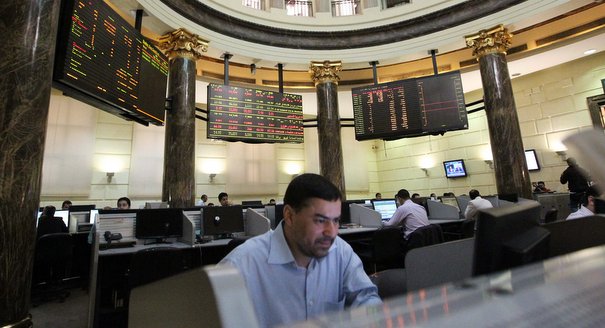The reaction of Arab countries to the economic crisis has been patchy, uneven, and deficient. Cushioning the blow, protecting the hardest hit, and reigniting regional growth will all be best achieved by an urgent and coordinated response that does not compromise important long-term goals like increased transparency and stability, concludes a new commentary from Ibrahim Saif and Farah Choucair.
Saif and Choucair examine the policy responses of Gulf countries, the Maghreb, and Egypt, Lebanon, Syria, Jordan, and Yemen. Faced with declining oil revenues and heavy financial-sector losses, Gulf countries increased spending to sustain growth, but only focused on a few sectors. Other Arab countries, threatened by shrinking exports, remittances, and foreign aid, have adopted ad hoc national policies after an initial period of denial.
Recommendations:
- Arab states must strengthen and extend their social safety nets. Social unrest could result if the crisis worsens and recovery plans remain opaque and ineffective.
- Some Gulf governments have reduced the employment of foreign workers, reacting to public anger fueled by rising unemployment. Anti-foreign labor policies hurt North African countries, which depend on remittances from their citizens working in the Gulf.
- Recovery plans must incorporate input from the private sector, and use clear criteria to determine which sectors of the economy are key priorities.
- Policies must be implemented transparently to restore weakened consumer and investor confidence, and to avoid undermining long-term stability.
Saif and Choucair conclude:
“The policy responses of Arab countries thus far are simply deficient. Characterized by an initial state of denial, the policy measures that followed are highly arbitrary and lack a clear vision. Many governments are not dealing with the crisis with the needed degree of urgency. Since the crisis is global in nature, no single country can face its ramifications alone; a more collective effort should be pursued at both governmental and private sector levels.”





